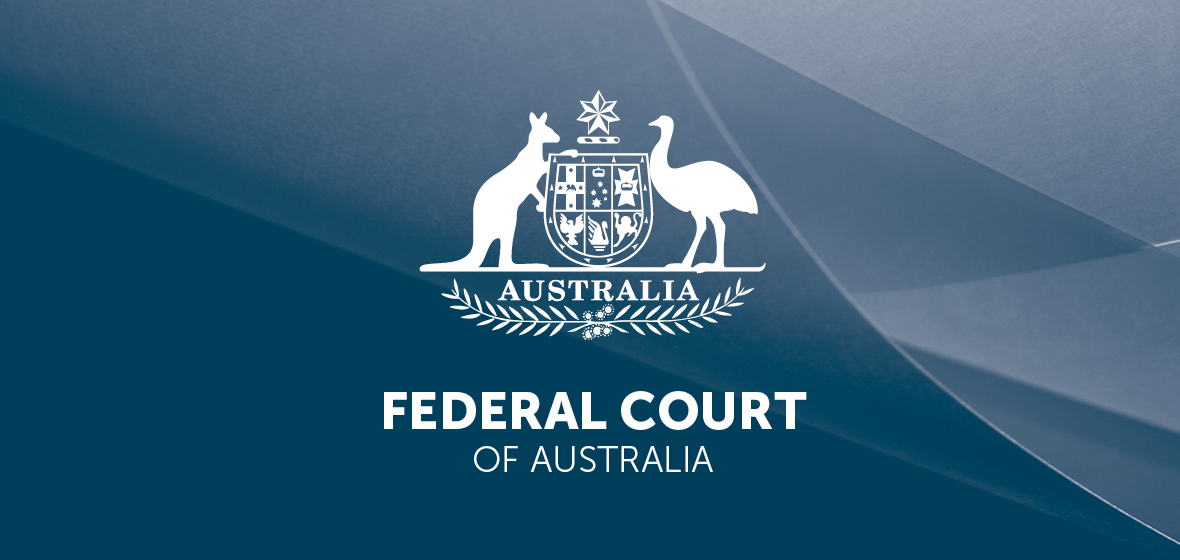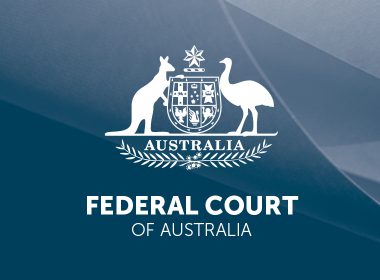Key decisions
- Australian Competition and Consumer Commission v Mercedes-Benz Australia/Pacific Pty Ltd [2022] FCA 1059
- TerraCom Ltd v Australian Securities and Investments Commission [2022] FCAFC 151
CONSUMER LAW
Takata airbag recall notice – contraventions of Australian Consumer Law s 127 admitted – parties agreed on declaratory relief and penalties
Australian Competition and Consumer Commission v Mercedes-Benz Australia/Pacific Pty Ltd [2022] FCA 1059 (Middleton J)
The Australian Competition and Consumer Commission (‘ACCC’) brought proceedings against Mercedes-Benz Australia/Pacific Pty Ltd (‘Mercedes’) for their alleged contraventions of the Australian Consumer Law (‘ACL’) including s 127, and sought declarations, pecuniary penalties, and costs.
The contraventions involved a recall notice issued pursuant to ACL s 122 (‘Recall Notice’) whereby vehicles fitted with two types of airbag inflators, Alpha and Beta, produced by the Takata group of companies were recalled (‘Recall’). Only Beta inflators were installed in Mercedes’ vehicles.
The Recall Notice was drafted on the basis that Alpha inflators were a more significant safety risk than the Beta ones. The Recall Notice set out that suppliers (including Mercedes) ought to undertake the Recall by developing and implementing Communication and Engagement Plans for contacting customers and maximising rates of replacement of the recalled inflators.
Mercedes (and its various related companies) developed such plans, the substance of which was approved by the ACCC. The plans stated that Mercedes would use ‘attention-capturing, high-impact language’ in all communications to consumers in order to try and avoid them ignoring notices.
On 27 occasions, Mercedes call centre staff made statements to consumers to the effect that Mercedes was undertaking the Recall as a precaution, and that Beta inflators in other manufacturer’s vehicles had not had any faults or caused any accidents, injuries or deaths.
Those statements did not amount to ‘attention-capturing, high impact language’. Therefore Mercedes did not comply with its Communication and Engagement Plans, thus contravening ACL s 127(1).
Mercedes admitted the contravening conduct and did not oppose the relief sought by the ACCC, and the parties jointly proposed a declaration and agreed to a pecuniary penalty for the contraventions. The Court formed its own views on the relief and pecuniary penalty which it explained in its reasons.


